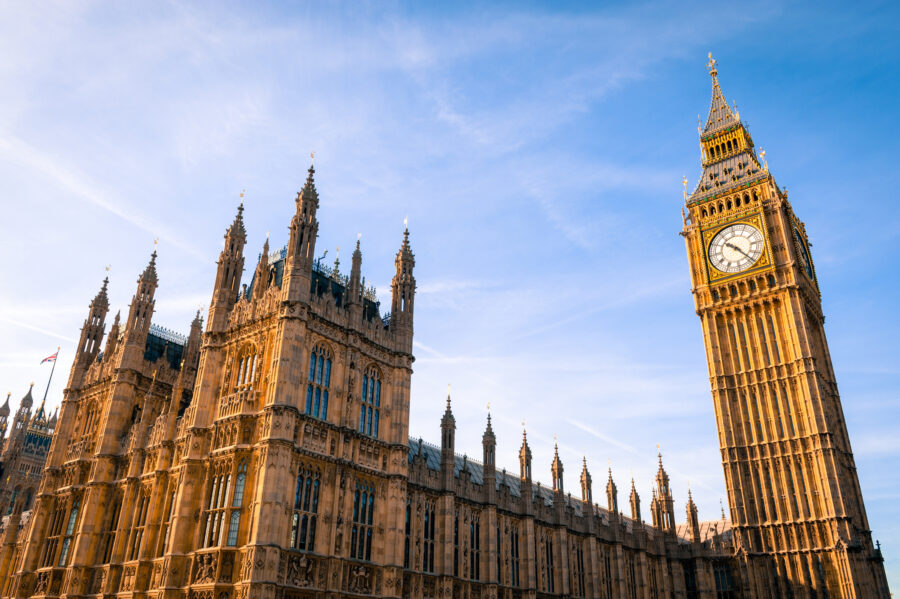

Following Labour’s landslide victory at the recent general election, the Government has now published a policy paper outlining its reforms of the UK’s longstanding non-domicile rules, helpfully ending some conjecture, although still devoid of much needed detail.
Reforms to Non-Dom Rules
Labour’s announcement mostly mirrors the previous Conservative Government’s proposals. It has confirmed that the current remittance basis regime will be abolished and replaced by a new four-year foreign income and gains (‘FIG’) regime.
However, the Government has taken a restrictive approach, curtailing some transitional provisions suggested by its predecessor:
- The previously proposed transitional 50% reduction in foreign income in the 2025/26 tax year for individuals who can no longer claim the remittance basis will not be available, which is disappointing.
- The current capital gains tax rebasing date is to be reviewed
- The Temporary Repatriation Facility (‘TRF’) will be introduced as hoped, however the rate of tax and length of time for which it is available will be reviewed. The rate of tax may higher than the 12% previously proposed by the Conservatives, but the period during which the TRF is available may be longer. On a positive note, the Government has indicated that the TRF will be extended to income and gains in overseas structures (e.g. trusts and companies).
Offshore Trusts
The Government has confirmed that current foreign income and gains tax benefits in settlor-interested offshore trusts will no longer be available for settlors who do not qualify for the four-year FIG regime. However, the explicit use of the “settlor-interested” terminology suggests that there may be a planning opportunity to mitigate the effects of the new rules. For instance excluding settlors (and possibly their spouses and minor children) from benefitting from a trust might allow the trust to retain the current favourable tax benefits.
Separately, and arguably more controversially, the Government has confirmed its intention to bring ‘excluded property trust’ assets within the UK Inheritance Tax (‘IHT’) remit. Broadly, an excluded property trust is one which is established by a non-domiciled settlor and funded with non-UK assets. However, since such trusts would have been structured to reflect current rules, the Government is considering transitional arrangements. While the new rules could result in significant IHT liabilities for many individuals who utilised offshore trusts as an effective tax and succession planning tool, any transitional reliefs may be soften the blow.
IHT Residency Test
A new 10-year residency test for IHT will be introduced from 6 April 2025, and an individual can remain within the scope of IHT for 10 years after leaving the UK. This measure, combined with the abolishment of the excluded property trust regime, was anticipated but nevertheless is a disappointment for clients with legitimate estate and succession planning objectives.
The previously proposed consultation period will no longer take place, instead, the Government will review feedback following the Spring Budget with some ‘external engagement’ on the IHT regime during the summer.
Next Steps
It is clear that the Government intends to implement the new rules from 6 April 2025 despite rumours of potential delays in implementation. Disappointingly, we have to wait for the Autumn Budget on 30 October 2024 for the finer detail, especially in relation to offshore trusts.
Individuals affected by the new regime should seek advice as soon as possible in order to explore alternative planning opportunities, and to be prepared to utilise the short window of opportunity in the five month period between the Autumn Budget and 6 April 2025.
To discuss the new rules and explore alternative planning opportunities get it touch with our Private Wealth team.










